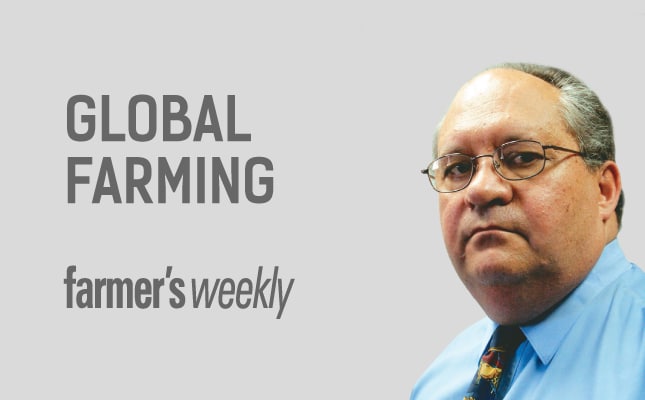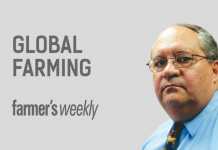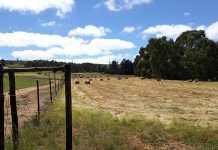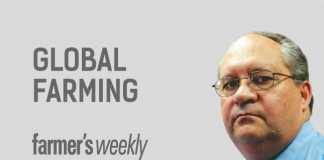
Farming involves combining various resources to produce food and fibre. A farmer uses fixed resources such as land and fixed improvements such as buildings, as well as capital equipment, livestock and various farm requisites and permanent labour to produce products that he can sell – hopefully at a price higher than the cost of producing these products.
A large part of a farmer’s time is spent in keeping machinery, equipment and other resources in good condition. Farmers also spend a good deal of time and energy in training their workers. Unfortunately, many farmers neglect a crucial resource: themselves. Consider the following:
Health and rejuvenation
Your personal health and wellbeing (as well as that of your family) cannot be ignored. Make time for off-farm activities. A holiday might cost you double – the amount spent on the holiday itself and the loss in income on-farm – but the benefits of a fresh look at the business after time spent away from the farm probably exceed the cost.
Planning retirement
Surveys show that nearly a third of farmers have no retirement plan in place. In many cases, there is no succession planning and no formal structure for transferring decision-making to the younger generation. Complex farming enterprises need expert advice to manage succession safely and correctly. While it is usually difficult for farmers to let go, it must be done.
Personal efficiency
Many books on personal efficiency are available. Do yourself a favour and read some of them. It also pays to be proactive. For example, thanks to the rural veterinarians’ network, information about animal disease is now regularly reported to farmers. If conditions indicate possible disease outbreaks, it makes sense to vaccinate in time.
Start with the end in mind
Psychologists tell us that the mind is a very powerful organ. If one visualises a successful outcome, chances are that the outcome will be positive. If, on the other hand, you’re negative and ‘plan for failure’, you are almost certain to fail.
Prioritise your on-farm jobs
On any farm, there are tasks that are more enjoyable than others. A farmer who likes to tinker in his workshop can easily neglect his managerial duties while overhauling a tractor. Time should be spent on the important aspects that can make a difference to future results and not on those with little or no effect on performance.
This includes not worrying about things over which you have little or no control. For example, farmers have very little control over producer prices, yet some waste time trying to influence them. This time would be better spent in improving farm efficiency.
Think win-win
This is so obvious that it seems unnecessary to mention it. However, one still frequently hears farmers saying: “This will be a very difficult year, product prices will be low and profits non-existent.” The next thing one knows, they’re at the bank asking for a loan they might not need.
Communicate
Practical knowledge is priceless. You can frequently learn much from farm workers who have a lot of experience, for example. Communication is a two-way discussion, not only a one-way one where commands are given.
Synergism
General Jan Smuts was a proponent of what he called ‘holism’, meaning that the whole is more than the sum of the parts. Farmers working together can achieve more than they can do individually. There are many examples of the benefits of study groups and buying groups.
Personal development
Personal development plays a crucial role. On my first visit to the UK in 1974, while struggling to find my way at Heathrow airport, I received excellent advice from a woman on the concourse: “Sir, start reading.” (She meant that I should start paying attention to the signs; they were there for a reason). This is advice farmers should also follow. A large number of agricultural publications provide very good advice to farmers.
The farmer is the most important resource on a farm. If you take the farmer away, the chances are that the farm will not survive. This is illustrated by the spectacular failures we see in BEE projects. Farmers spend much time and effort on managing their other resources. They should also spend time on maintaining and managing themselves.
Dr Koos Coetzee is an agricultural economist at the MPO. All opinions expressed are his own and do not reflect MPO policy.




